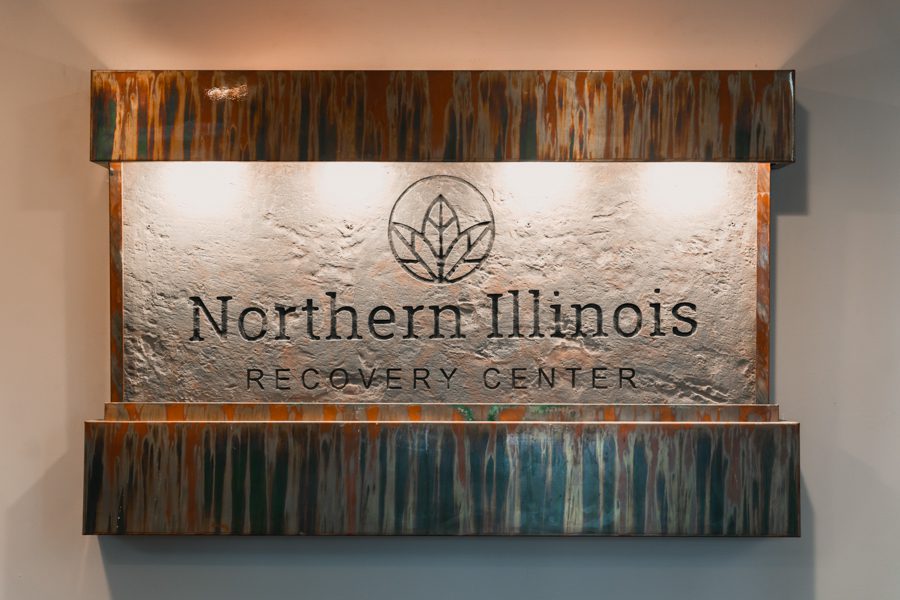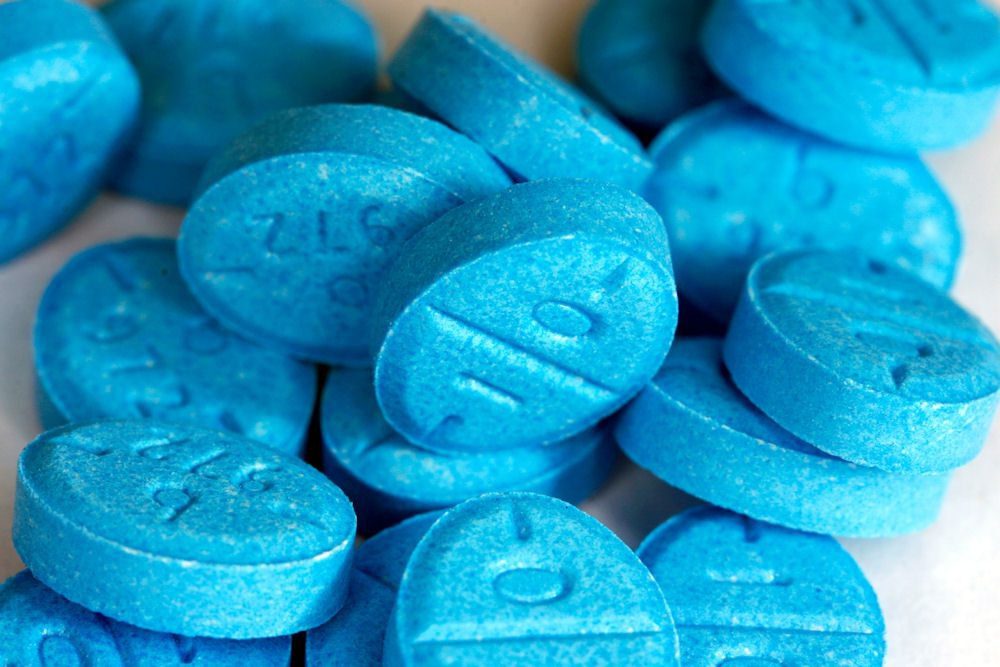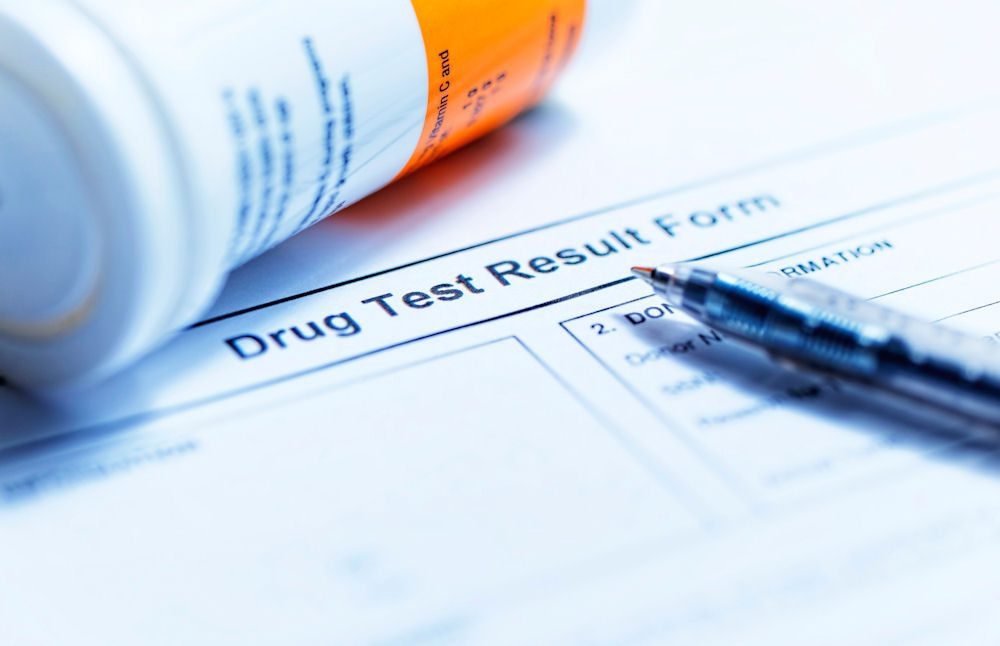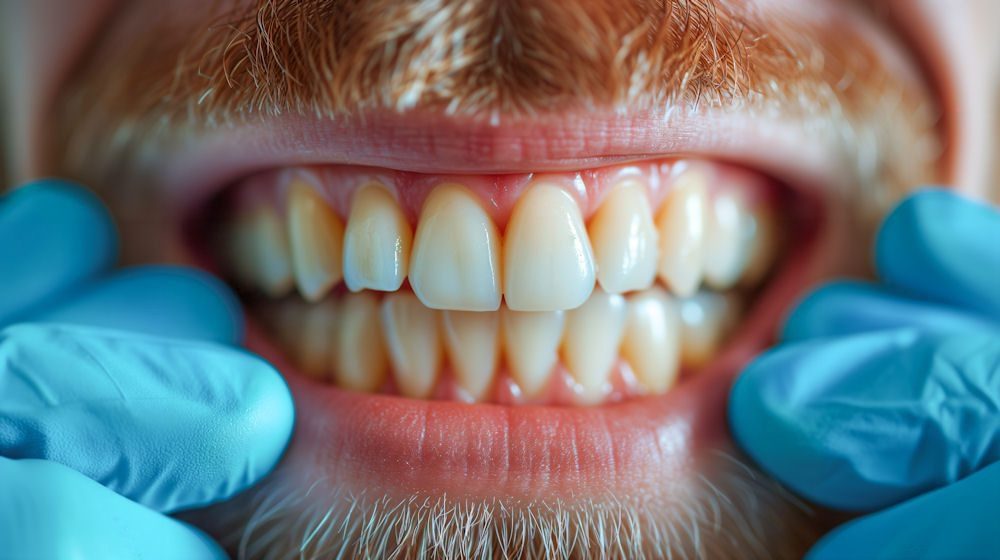Tramadol Addiction Rehab Center
Northern Illinois Recovery Center offers evidence-based and holistic treatment for tramadol addiction. Our treatment specialists can work with you one-on-one to help you overcome the symptoms of your addiction. You can get the help you need from our drug addiction rehab center in Illinois.
Although tramadol is a prescription medication, it is highly addictive and does come with some side effects. You may also experience medical issues if you overdose on tramadol. You can get off of tramadol by entering our 30, 60, or 90-day treatment program. We also offer a broad spectrum of extended care treatment to prevent you from relapsing.
Jump to Section
Tramadol Addiction Treatment at Northern Illinois Recovery


For someone dealing with tramadol dependence, we offer the following addiction treatment programs:
The first step in treating tramadol addiction often involves medically supervised detoxification to safely manage tramadol withdrawal symptoms. Given tramadol’s opioid nature, opioid withdrawal can be challenging and may require medical intervention to ensure the individual’s safety and comfort.
For those who need a structured environment to begin their recovery, residential (or inpatient) treatment provides 24/7 care. This level includes a combination of therapy, counseling, and sometimes medication-assisted treatment (MAT) in a controlled setting, away from the triggers and stresses of everyday life.
PHP offers a high level of care without the individual having to stay overnight at the facility. Participants might spend several hours a day, multiple days a week, engaging in intensive therapy sessions, group meetings, and other recovery activities. This option suits individuals with a stable living situation but who still require significant support.
IOP provides a flexible yet intensive treatment schedule designed to accommodate work, school, or family commitments. It typically involves attending therapy and support meetings several times a week while implementing coping strategies learned during treatment into daily life.
Outpatient programs offer similar therapies and treatments as the more intensive programs but with a significantly reduced time commitment, allowing individuals to maintain their regular responsibilities. This level is often suitable for those transitioning from higher levels of care or who have a mild addiction.
Continuing care, including aftercare programs and sober living houses, provides ongoing support to individuals in recovery. These services help maintain sobriety, offering community support, accountability, and resources to manage the challenges of long-term recovery.
In addition to these levels of care, treatment for tramadol addiction, or other prescription opioids might include:
- Dual Diagnosis Treatment: For individuals dealing with co-occurring mental health disorders alongside substance use disorder.
- Cognitive-Behavioral Therapy (CBT): To help modify negative thoughts and behaviors related to drug use.
- Family Therapy: To address and heal the impact of addiction on relationships and improve family dynamics.
It’s important for anyone seeking treatment for tramadol addiction to undergo a thorough assessment by addiction specialists to determine the most appropriate level of care based on their specific needs and circumstances. Facilities like Northern Illinois Recovery tailor their programs to the individual, ensuring a comprehensive approach to recovery.
What is Tramadol?
Tramadol, or tramadol hydrochloride, is an opioid painkiller that your doctor will prescribe for both severe short-term pain and chronic pain. Tramadol is effective at both reducing pain and blocking neurotransmitters from getting back into your system. For this reason, you may develop both a chemical and psychological dependence on tramadol.
Once your brain gets hooked on tramadol, you may experience withdrawal symptoms if you try to stop taking the drug. We recommend that you enter a detox center in Northern IL if you discontinue using tramadol. A treatment specialist can monitor your symptoms and offer medication or holistic treatment to provide comfort. A detox center also ensures that you can receive immediate medical attention if you have severe or life-threatening symptoms.
Is Tramadol Addictive?
Yes, tramadol is potentially addictive. Tramadol is a prescription opioid pain medication used to treat moderate to moderately severe pain. While it is often considered to have a lower risk of addiction compared to other more potent opioids like oxycodone or hydrocodone, tramadol still carries a risk of dependence and addiction, especially with long-term use or misuse.
How Tramadol Can Lead to Addiction
Tramadol works by binding to receptors in the brain, reducing the perception of pain and, in some cases, producing feelings of well-being and euphoria. These effects can lead to misuse of the drug, as some individuals may take higher doses than prescribed, take it more frequently, or use it in ways not intended by a healthcare provider to achieve these pleasurable effects.
Over time, this can lead to physical dependence, where the body adapts to the presence of the drug, and withdrawal symptoms occur if the drug is abruptly reduced or stopped.
Symptoms of Tramadol Addiction or Abuse
Because tramadol is so potent, it can present some health or medical risks. Long-term use can lead to mental disorders. Likewise, an overdose can lead to emergency medical conditions that require a visit to the ER.
Some of the most common symptoms of tramadol addiction include:
- Long-term use past the recommended prescription
- Ongoing increase in the dosage (because the effects wear off)
- Using tramadol to feel the euphoria it produces (for recreational use)
- Repeated failed attempts to quit using the drug
- Acquiring the drug through illegal means
- Ignoring physical or psychological side effects to continue using the drug
If you overdose on tramadol, you may experience respiratory problems, weakness, lethargy, dizziness, unconsciousness, coma, irregular heartbeat, nausea, vomiting, or tense muscles. If any of these symptoms occur, then do not delay seeking medical attention. Doing so can prevent long-term illness or fatality.
Risk Factors of Tramadol Addiction
Several factors can increase the risk of developing an addiction to tramadol, including:
- History of Substance Abuse: Individuals with a history of substance abuse or addiction are at a higher risk.
- Long-Term Use: Prolonged use of tramadol, even as prescribed, can lead to tolerance (needing more of the drug to achieve the same effect) and dependence.
- Higher Doses: Taking tramadol in doses higher than prescribed can escalate the risk of addiction.
- Method of Administration: Altering the form of tramadol (e.g., crushing pills to snort or inject) increases its addictive potential.
Treatment at a Tramadol Addiction Rehab Center


Northern Illinois Recovery Center provides a multidisciplinary approach to addiction at our tramadol addiction rehab center in Northern IL. While in rehab, you can understand the underlying factors that led to your addiction, and then work toward a healthy, sustainable recovery.
Our treatment program’s goal is to provide a structure for long-term recovery and relapse prevention. In addition to detox and rehab, we offer extended care through support groups, a sober living program, and ongoing therapy. We have everything you need to help you with every stage of your recovery.
Frequently Asked Questions About Tramadol
Tramadol is a synthetic opioid analgesic that is sometimes used off-label to manage opiate withdrawal symptoms. It works by binding to the brain’s opioid receptors similar to other opioids, but it also increases the levels of serotonin and norepinephrine in the brain, which can help alleviate some symptoms associated with opioid withdrawal. However, its use in this context should be approached with caution.
Stopping tramadol use, especially if it has been used regularly for a significant period or at high doses, requires careful planning and management to minimize withdrawal symptoms and ensure a safe discontinuation process. This would involve a tapering plan and a setting that would provide the safest and most comfortable detoxification possible. Please contact us before trying this on your own. We can help; it’s what we do.
Yes, it is possible to become addicted to tramadol. Tramadol is a prescription opioid pain medication that is used to treat moderate to moderately severe pain. While it is often perceived as having a lower risk of addiction compared to other opioids like oxycodone or hydrocodone, tramadol still carries a risk for abuse and dependence, especially with long-term use or when used in a manner not prescribed by a healthcare provider.
Cleansing your body from tramadol involves a process known as detoxification, which is the period during which the drug is allowed to leave your system. This process can vary in duration and intensity depending on factors like how long you’ve been taking tramadol, the doses you’ve used, your overall health, and whether you have been using other substances.
You Can Beat Tramadol Addiction


While it can be difficult to overcome your addiction to tramadol, you have what it takes to get clean. Northern Illinois Recovery Center can help you every step of the way. We provide individuals and their families with a comprehensive program of therapeutic care. Contact us today to find out more about our tramadol addiction rehab center.













